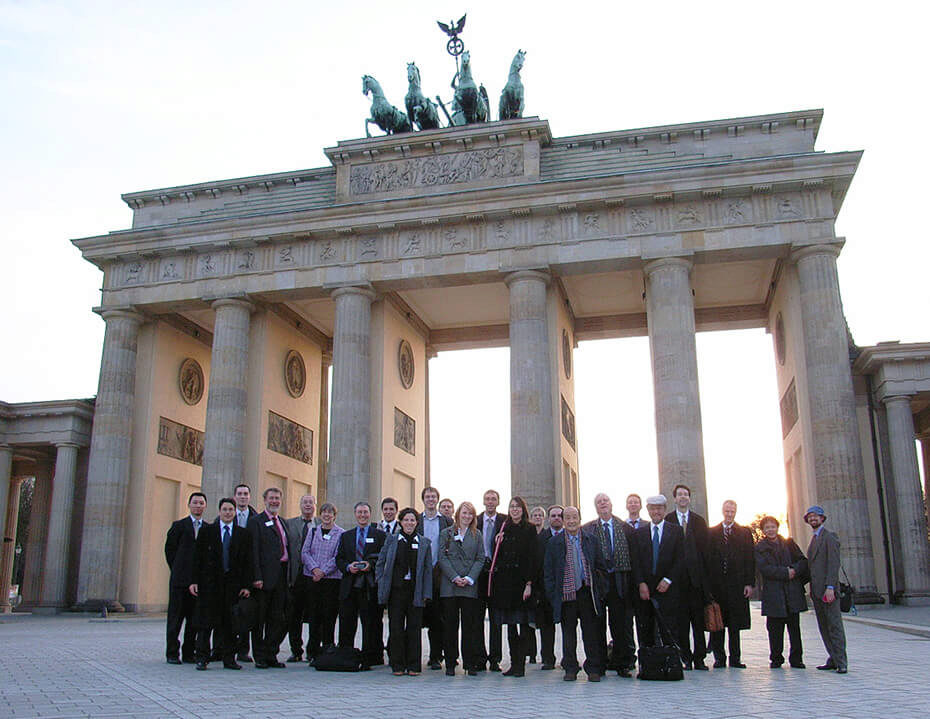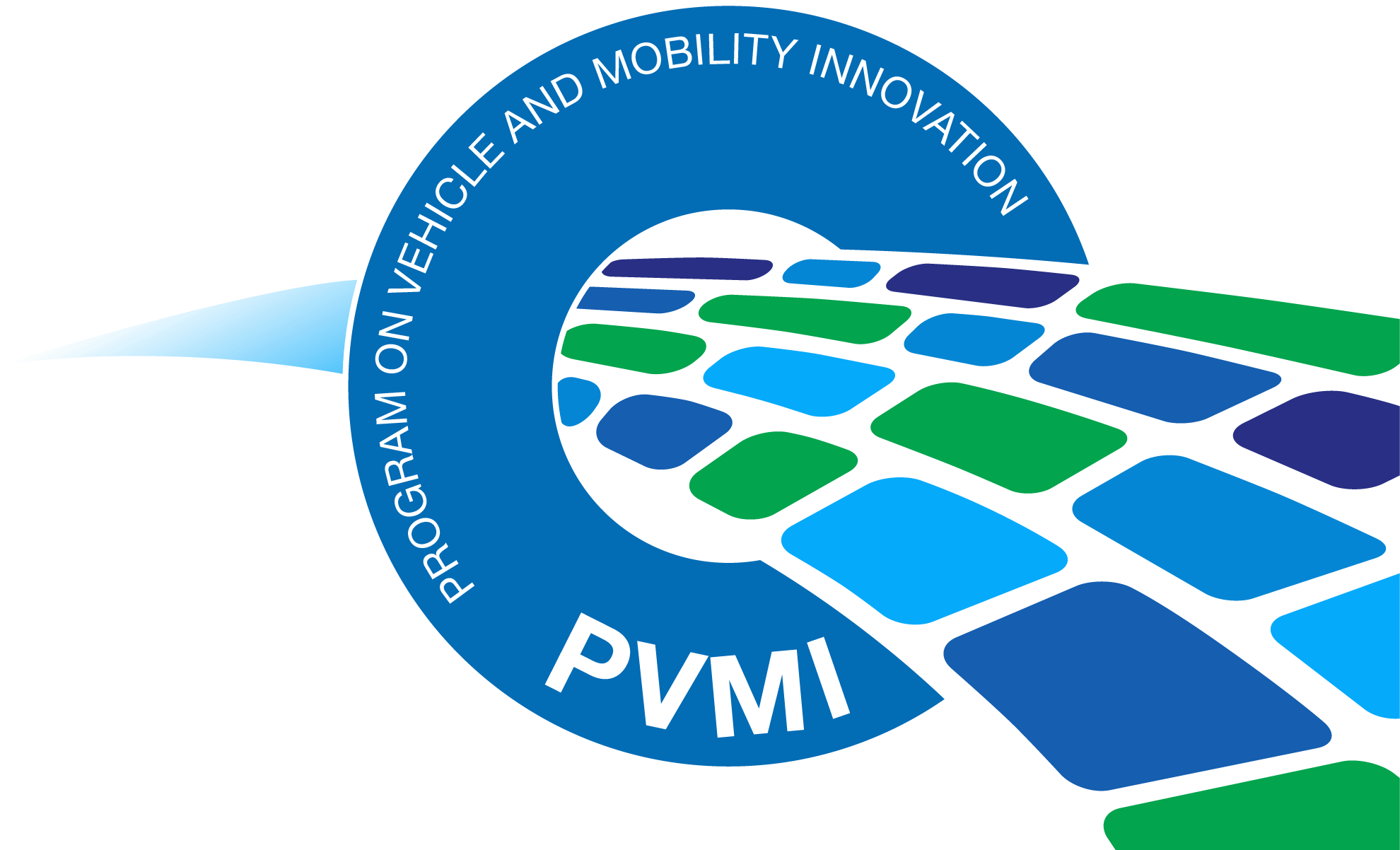The former International Motor Vehicle Program (IMVP), now PVMI, was founded at the Massachusetts Institute of Technology in 1979. The program mapped lean methodologies, established benchmarking standards, and probed the entire automotive value chain. Its data-driven methods set the standard for industry research.
IMVP had a major impact on the global automobile industry and the economy that surrounds it since it was launched nearly 30 years ago. The program’s network of more than 50 senior scientists, management experts, social scientists, and engineers have conducted interdisciplinary automotive research at more than 25 universities on six continents.

PVMI History: Phase One (1979–1990)
During this first phase, IMVP is best known for developing the name “lean production” to characterize the new paradigm that challenged mass production starting in the 1970s and 1980s. IMVP researchers documented huge performance differences in manufacturing, supply chains, and product development across companies and countries. Based on extensive field research, they also explained the differences between “mass” and “lean” production in management philosophy and practices—both operations-focused (e.g., just-in-time inventory systems) and organization-focused (e.g., work teams and kaizen, also known as continuous improvement). The best-selling book The Machine That Changed the World documented these findings and insights.
Phase Two (1990–1998)
In this phase, IMVP tracked the diffusion of lean production. IMVP researchers examined barriers to the adoption of “lean” and renewed efforts by mass production-oriented firms to innovate. The program’s longitudinal benchmarking projects tracked the worldwide convergence in performance in manufacturing productivity and quality. However, this research also found continued divergence in other key performance indicators, such as product development lead-time and handling product variety.
Phase Three (1998–2013)
IMVP tracked disruptive changes in the auto industry, including massive reductions in vertical integration, increases in outsourcing, experiments with modularity, and the influx of new technologies. IMVP researchers assessed the implications of these changes for industry structure and firm competitiveness. They also examined future disruptions on the horizon, such as electric vehicles and other new technologies, new regulatory requirements, and new global competitors. IMVP researchers concluded that the world’s leading automakers possess essential capabilities for integrating these technologies while designing, manufacturing, distributing, and managing the supply chain that will keep them in the driver’s seat for the foreseeable future.

Phase Four (2013–Present)
This phase marks the transition from IMVP to PVMI and the program’s integration into the Mack Institute for Innovation Management at the Wharton School. PVMI is developing a research agenda that leverages the extensive automotive industry expertise of longtime (former IMVP) network researchers. PVMI will combine this expertise with the cross-industry insights of Mack Institute researchers on how companies survive, compete, and thrive through innovation management. Together they will study disruptive technologies and new business models affecting the evolving global automotive industry and the broader mobility domain.




